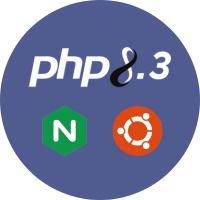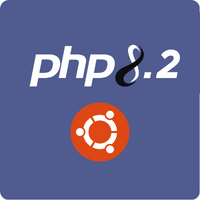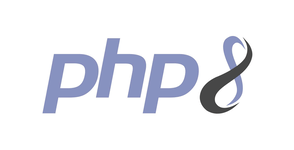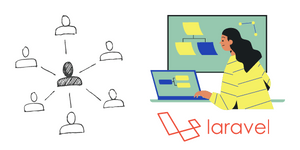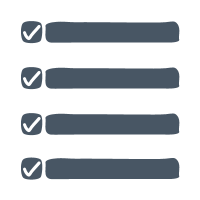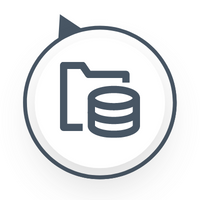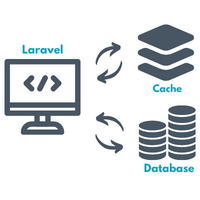Domain Driven Design with Laravel 9

Modern web frameworks teach you to take one group of related concepts and split it across multiple places throughout your codebase. Laravel is a robust framework with a big community behind it. Usually it's standard structure is enough for most starting projects.
Building scalable applications, instead, requires a different approach. Have you ever heard from a client to work on controllers or review the models folder? Probably never - they ask you to work on invoicing, clients management or users. These concept groups are called domains.

